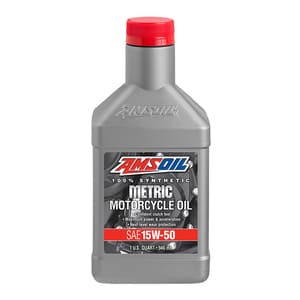Motorcycling offers exhilarating freedom on the open road. However, this freedom comes with an inherent responsibility—the need to prioritize safety. The National Highway Traffic Safety Administration (NHTSA) data indicates that motorcyclist fatalities occur 29 times more frequently than those involving car occupants. The following motorcycle safety tips can drastically reduce your risk of accidents, enhancing your road experience.

Practice Situational Awareness:
While on a motorcycle, any minor accident can have serious consequences. Maintain an alert demeanor with eyes constantly scanning the environment. At intersections, ensure drivers see you by making direct eye contact. This simple act can prevent collisions caused by other drivers’ inattention.
Know Your Limits:
Choose a motorcycle that matches your physical capacity and skill level. Riding a bike that feels excessively heavy or powerful increases your risk of losing control. Ensure you can comfortably reach the ground with your feet when seated—this stability is crucial, especially for quick stops or starts.

Moderate Your Speed:
High speeds reduce your reaction time. Even on less trafficked roads, maintaining a lawful speed ensures you have adequate time to respond to unforeseen hazards such as road debris, potholes, and sudden obstructions.
Leave Ample Room for Braking:
Tailgating on a motorcycle can be particularly dangerous. Maintain a safe distance from the vehicle ahead to give yourself enough time to react and brake safely in unexpected situations. Remember to apply both brakes progressively to avoid skidding.

Enhance Your Cornering Skills:
Effective cornering requires practice and precision. Focus your vision on the direction you intend to go, rather than nearby distractions or obstacles. This technique, known as target fixation, helps maintain a smooth and controlled path through turns.
Avoid Night Riding When Possible:
Reduced visibility at night significantly increases the risk of accidents, especially in areas with potential wildlife crossings. Reflective gear and proper headlight maintenance are essential if night travel is unavoidable.

Invest in Proper Gear:
Protective clothing and equipment greatly lessen injury risk during accidents. Durable materials and proper coverage are essential—leather jackets, protective chaps, gloves, and sturdy boots. Helmets are vital; they have been shown to save lives significantly according to NHTSA studies. Consider visibility-enhancing gear to ensure you are seen by other road users.
Avoid Alcohol:
Operating a motorcycle requires mental clarity and sharp reflexes. Alcohol impairs these abilities and increases the likelihood of fatal incidents. Always ride sober and remain vigilant of the behavior of other drivers.

Following these guidelines will not only keep you safer but also enhance your motorcycle riding experience. Remember, safety is the foundation upon which all enjoyable motorcycle journeys are built. Ride smart, stay alert, and respect the road to ensure many years of rewarding riding adventures.

